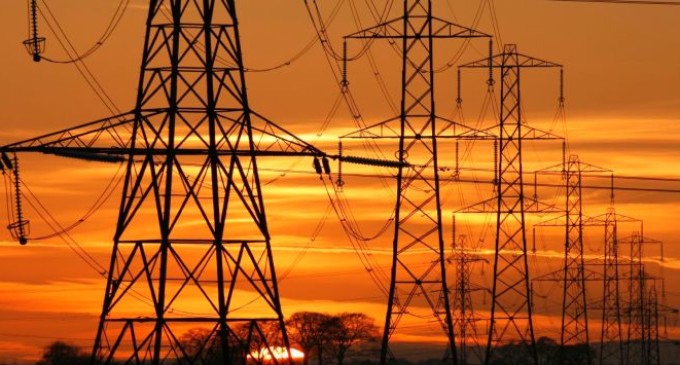ISLAMABAD: A committee formed to probe the losses in the power sector has alleged that the governments’ failures to contain the circular debt had cost the country over Rs4,082 billion during the past 13 years, with an annual loss of Rss370bn.
According to the documents, the circular debt started to emerge in the late 2000 and successive governments relied on heavy budgetary support and quasi-fiscal financing to eliminate it.
However, the measures failed to address the root causes. While the cumulative budgetary support to the power sector amounted to Rs3,202bn from FY 2007 to FY 2019 comprising Rs2860bn as budgetary subsidies and Rs342bn as other liquidity injection, the debt continued to grow.
The high cost of power tariff was due to a host of factors, including snowballing capacity payments, net hydel profit, transmission constraints, minimum plant factor provision for RLNG based plants, gas price anomalies and financing cost of circular debt.
According to documents, the inquiry committee unearthed that under the 1994 Power Policy, 16 out of 17 IPPs invested a combined capital of Rs51.80bn and earned profits in excess of Rs 415bn.
While most IPPs had an investment payback period of 2-4 years, profits generated were as high as 18.26 times the investment and dividends 22 times the investment.
Similarly, six companies earned an average annual Return on Equity (RoE) between 60-79 per cent and four companies earned RoE of around 40pc. These profits are probably unheard of any other sector, especially with such low levels of risk and guaranteed payments by the government, said the documents.
The documents also alleged that 13 Residual Fuel Oil (RFO) and gas-based plants with a combined capacity of 2,934MW were established under the Power Policy of 2002. During the last 8-9 years of operation, these companies earned Rs203bn in profits against their combined investment of Rs57.81bn.
Even after adjusting for debt component to arrive at the true profitability, the companies still earned Rs152bn in profit and made dividend payments to the tune of Rs111bn.
And, the individual profitability among these companies also varies with some showing a much higher profit to investment ratio than others, with the average annual RoE as high as 87pc profits of around 9 times and dividends up to around 7 times their investment.
Similarly, a review of the profitability of two imported coal-based plants established under the Power Policy 2015 has shown that one of them recovered 71pc of investment in only two years of operations and the other plant recovered 32pc of its investment in the first year.
“These plants have been offered USD Internal rate of Return (IRR) of 17pc which works out to USD RoE of 27pc, said documents, adding,” Due to rupee devaluation against USD in the last two years, their rupees RoE today stands at 43pc.”
As per documents, Rs739.21bn can be saved on account of retirement of 11 plants established under the 2002 policy.
However, Special Assistant to Prime Minister (SAPM) on Petroleum Division Nadeem Babar expressed disappointment over the findings of the report pertaining to the losses in the power sector, saying it will “weaken the government”.
In a letter to Omar Ayub, Minister for Energy, Babar said,” This will only detract from the goal and weaken the hand of the government.”
He, however, stated that there is no disagreement that many companies have made very good profits and should be asked to work with the government in rationalizing the agreements.
Nadeem Babar is a shareholder in Orient Power IPP. The inquiry report has pointed out that the Orient Power IPP had fuel savings of Rs2bn and loss of Rs0.93bn in other heads, leaving a net of Rs1.07 bn of what is called excessive RoE during the nine years of operations until 2018.





old ipp contracts should be scrapped due to deceiving government for a decade
new contracts be done with them all the nepra commitee be dissolved and new
professional members be appointed as is done by india bangladesh authorities